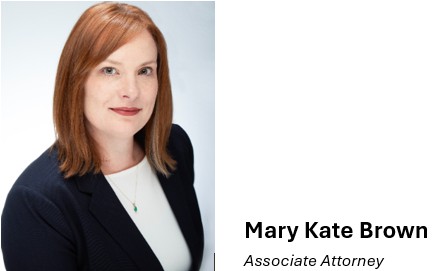One of the commonly asked questions we get here at the Key Law Office is: What does an Executor do? An executor is a person or organization designated in a will to oversee the administration of a deceased individual’s estate. This role is crucial as it involves a variety of responsibilities that ensure the proper execution of the deceased’s wishes as outlined in the will.
The executor’s primary duties include:
1. Identifying and Locating Assets: The executor must conduct a thorough search to identify all assets owned by the deceased, which may include real estate, bank accounts, investments, personal belongings, and business interests.
2. Valuing the Estate: Once the assets are identified, the executor must assess their value, which may require appraisals, especially for real estate or valuable items like artwork or antiques.
3. Paying Debts and Taxes: The executor is responsible for settling the deceased’s debts and outstanding obligations, including funeral expenses, medical bills, and any other financial liabilities. Additionally, they must file the final income tax returns and ensure that any estate taxes are paid.
4. Managing the Estate: Until the estate is settled, the executor may need to manage the assets, making decisions about maintenance, selling property, or handling investments to preserve or grow the estate’s value.
5. Distributing Assets: After debts and taxes are paid, the executor distributes the remaining assets to the beneficiaries as specified in the will. This involves preparing an accounting of the estate that details all transactions made during the administration process.
6. Legal Compliance: Throughout the process, the executor must adhere to applicable laws and regulations, which may involve filing necessary documentation with the probate court and providing updates to beneficiaries.
7. Communication: The executor must maintain open lines of communication with beneficiaries, keeping them informed about the status of the estate and addressing any concerns they may have.
Being an executor carries significant responsibility and can be time-consuming, requiring a strong understanding of financial and legal matters. Consequently, individuals appointed to this role should ideally possess organizational skills, financial acumen, and the ability to act impartially. In some cases, people choose to appoint a professional executor, such as an attorney or trust company, to ensure the process is handled efficiently and in accordance with the law. Naming the appropriate person to serve as the Executor of your estate is the most important and sometimes the hardest decision. Our attorneys here at the Key Law Office can walk you through the Executor’s duties and obligations and help you make the best-informed decision about appointing an Executor.

